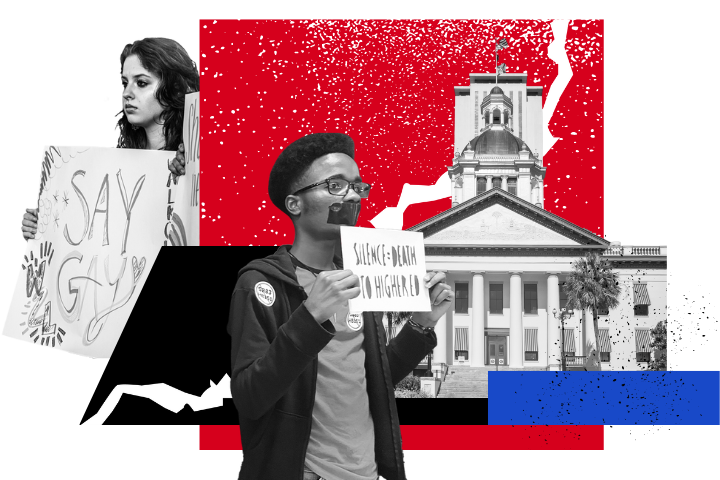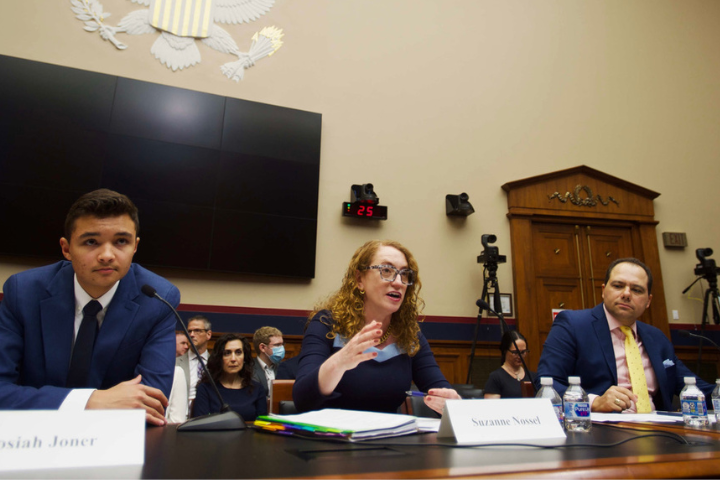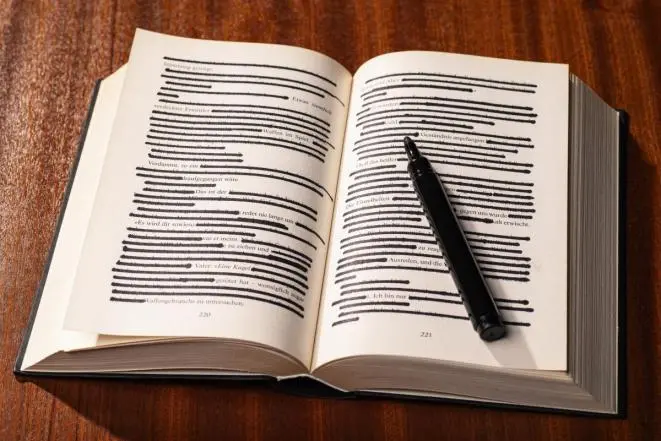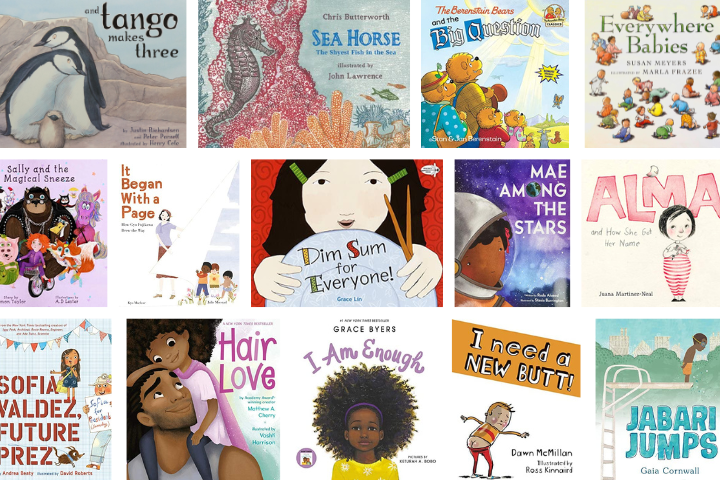new ‘educational intimidation’ Laws lead to classroom censorship
By: Lisa Tolin | August 22, 2023
In her 30 years as a school librarian, Jill Blake fielded the occasional request from parents who didn’t want their child to read a book – Harry Potter, for example. Then in 2022, the floodgates opened, and challenges started rolling in.
A new law in Virginia, where she is a school librarian, required schools to list their “sexually explicit” instructional materials. Shakespeare made the list. The district received a dozen book challenges; she noticed that all of the challenged books were from a Moms for Liberty list.
“(The law) just makes teachers afraid in general. I have been called a porn peddler in an open meeting,” Blake told PEN America. “One person on Facebook has said I should be stoned to death.”

Virginia’s SB 656 is one of a wave of nearly 400 bills documented in a new PEN America report, Educational Intimidation Bills: How “Parents’ Rights” Legislation Undermines the Freedom to Learn. Commonly, the bills include “curriculum inspection” or “library inspection” provisions that require educators to document and publicly share all instruction and books they present, allowing people to hunt for what they consider objectionable material.
The result is a climate of fear for teachers and librarians that has led to the departure of seasoned educators across the country. About a quarter of teachers surveyed in a recent RAND report said limitations on topics related to race or gender influenced their teaching or materials. About one in 10 expressed anxiety about losing their job or license or facing legal action for raising race- or gender-related topics in the classroom.

Art teacher Kathryn Vaughn told PEN America she had to stop teaching a lot of art history under Tennessee’s Prohibited Concepts law, an educational gag order that prohibits the “inclu[sion] or promot[ion]” of fourteen “prohibited concepts” related to race and sex, as well as HB 529, which says parents must be notified 30 days prior to instruction related to “sexual orientation or gender identity.” Together, these laws have made it difficult to thoroughly teach about certain artists.
“I took down paintings of Frida Kahlo, I took down Basquiats and even Warhols. At one point the legislature was looking at making it so if you taught anyone on the LGBTQ rainbow, you could be in violation, so I was nervous. I don’t know the sexual orientation of every artist I teach,” she said. “I usually would teach Keith Haring, and I love Keith Haring, and it made me feel incredibly awkward to try to teach him under this law. My students fixate on how artists die, and I can’t say he died of AIDS. It opens up a whole problem with parents.”
Vaughan also said there was no Black History Month celebration at her school this year. “Before these laws were passed, third graders would go to the civil rights museum, and now they go to a baseball game. And we can’t teach Negro Baseball Leagues.”
The opportunity for parents to review school curricula and raise concerns for their children has long been granted in public school systems, but the provisions in these educational intimidation laws dramatically expand these powers in ways that spur schools and educators to self-censor. At least 39 intimidation bills have passed into law across the country since 2021.
These intimidation provisions frequently build on or come in tandem with another kind of legislation: educational gag orders, which directly prohibit certain kinds of speech. Teachers impacted by both types of laws have reported drastic alterations of classroom curriculum. Some have said they were afraid to teach the work of Fredrick Douglass, jazz and blues music, and historic elements of Reconstruction.
Georgia teacher Katie Rinderle lost her job after she read the picture book My Shadow Is Purple to her fifth-graders. She had purchased it at a school book fair, and her students selected it for reading aloud. The Cobb County school board voted to officially fire her, overriding the recommendation of a district-appointed tribunal of three retired educators.
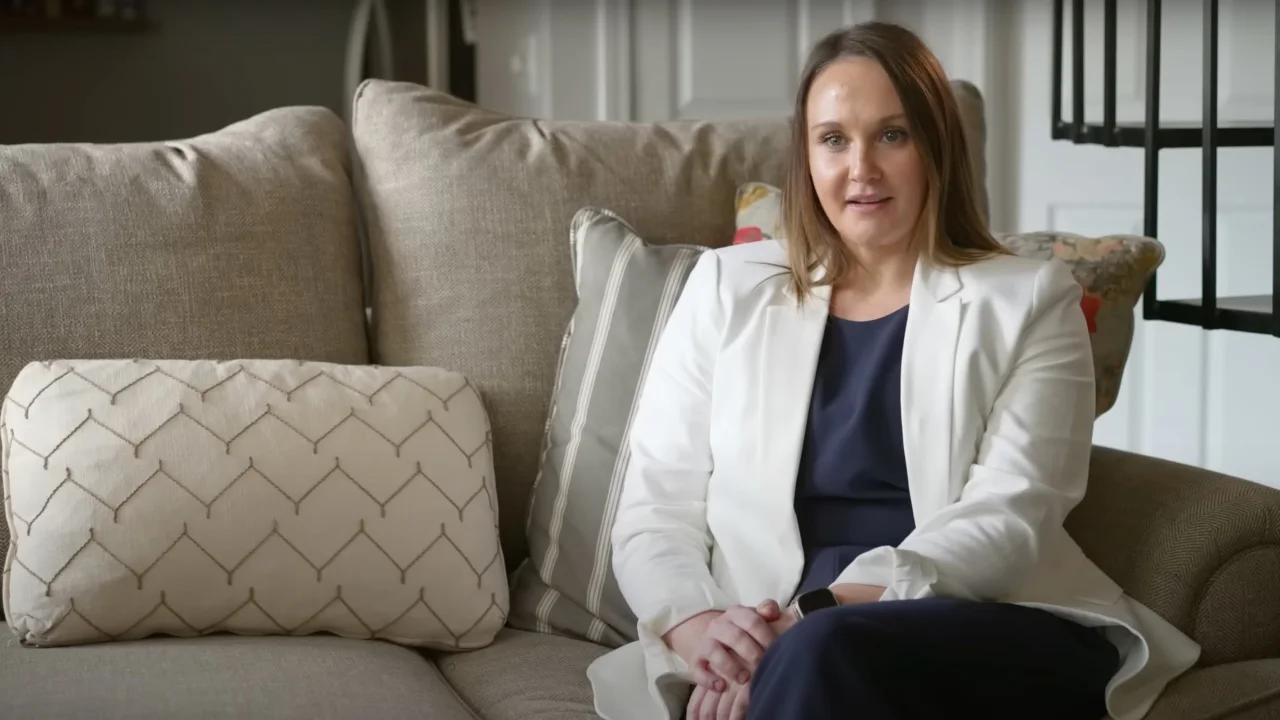
Rinderle told the Southern Poverty Law Center, “When I asked why this book was available in our school’s recent Scholastic Book Fair, especially if it was not deemed ‘appropriate,’ there was not a clear answer that could be given. When I asked if there was a specific list of books or topics that were not allowed in inclusive libraries, the principal stated, ‘No.’ When I asked if there was a rule or policy I was unaware of, she told me she wasn’t sure and she believed it was just considered ‘divisive.’ She told me parents were ‘talking’ and had emailed to complain.”
Some school districts are also now adopting policies that mimic the language of these state laws, or being influenced by them. So, even in states where neither direct gag orders or indirect intimidation provisions have passed legislatures, teachers and librarians report the same feelings of concern and uncertainty.
In Waukesha, Wisconsin, Melissa Tempel lost her job in July after she tweeted that her first-grade students couldn’t sing the song “Rainbowland” by Dolly Parton and Miley Cyrus because of the school’s rules on controversial materials. Teachers had already been warned against wearing rainbows or posting signs declaring their classrooms anti-racist, Tempel told PEN America.
School librarians have become particularly frequent targets of abuse. A middle school librarian who spoke out against a book ban proposal in Louisiana was subjected to months of online harassment. Strangers called her a “pedophile” and a “groomer.” One person filed a public records request for her employment history. Another sent her a message saying, “You can’t hide, we know where you live. You have a target on your back. Click click.” She said she could no longer sleep and feared leaving her house.
Moms for Liberty gave an official response to this librarian’s story on Twitter: “She should be crying in bed for days. If she had any conscience at all, her own shame should have her inconsolable. Cry more.”
Oklahoma teacher Summer Boismier faced similar online attacks after she informed her students about the Brooklyn Public Library’s Books Unbanned program. Boismier was removed from her classroom after a parent alleged she violated HB 1775, an educational gag order that restricts the teaching of race and gender and includes strict punishments for schools. She told PEN America she’s had people “calling for my imprisonment and executions and various graphic images to be done to my person, both alive and deceased.” The state schools Superintendent is pushing for her license to be revoked, despite a finding that she did not violate the law.
While some librarians are standing firm and buying the educational materials they would normally buy, Blake is sure others who don’t feel community support are making different choices. In Missouri, school librarian Mernie Maestas told the website .coda, “You second-guess everything that you’re purchasing so you wind up self-censoring, even though that’s not our goal. But you’re fearful.”
Blake said fighting book banning efforts is “exhausting.” She worries about whether young people will want to become teachers or librarians, and says retirement looks more attractive. Responding to challenges gives her less time to spend with the students who need her. But for a lot of librarians, “what we do is who we are; it’s not just a job.”
“I believe in what libraries can do to make students a better human,” she said. “It’s important to me that my library can be a place where students can be who they are. My library is a sanctuary for them.”


